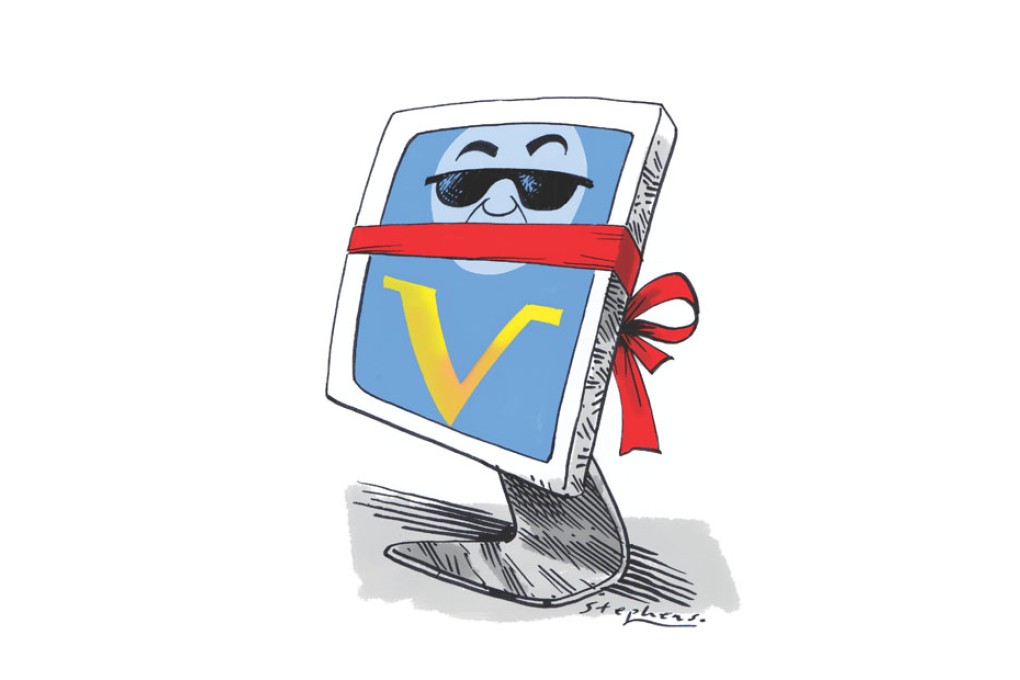China's social media may diversify amid crackdown on celebrity bloggers
Chang Ping says while the Chinese government's attack on the 'big V' celebrity bloggers is petty, in the long run, a blogosphere without these groomed opinion makers may not be a bad thing

After prominent online commentator Charles Xue Biqun, better known as Xue Manzi, was detained on suspicion of soliciting prostitutes, Pan Shiyi, another household name in online media, appeared on a CCTV programme and stammered while speaking about the social responsibility of China's star bloggers.
The government's crackdown on internet speech has clearly shaken its "big V" online celebrities (those with a "verified" Sina Weibo account), who have become more careful about what they say and post - not least because a post deemed defamatory that has been forwarded over 500 times or viewed more than 5,000 times could land them in jail, under rules announced by judicial authorities in August.
Still, the propaganda department is not satisfied. Last week, a party propaganda magazine published an online commentary attacking former Google China chief Lee Kai-fu, questioning his claim that he has cancer.
Interestingly, the latest public opinion analysis published by the People's Daily Online said: "The public have obviously become less concerned about information about political and current affairs …We should see that, as "big V" users have collectively avoided discussing political and current issues, the public has become less concerned about the widespread flooding in Yuyao, Zhejiang province. This has exposed the government's weakness in public opinion management. The lack of positive energy and the spreading of rumours have resulted in an information blackout in Yuyao."
This observation revealed a truth about Sina Weibo's "big V" system that even propaganda officials seem to have forgotten; it is already a way to manipulate public opinion, by recasting new media like social networks in the mould of traditional media.
The emergence of blogs, Twitter, Facebook and the like have undermined the government's control of the media. In traditional media, content has to go through layers of processing - writing, editing, layout and more - before it is published, and at any point it can be changed, modified or censored. In such a system, few are free to speak.
With new media, however, everyone has a platform to speak, and is free to do so as long as his or her speech does not infringe other people's rights. The spirit of new media is equality for all.